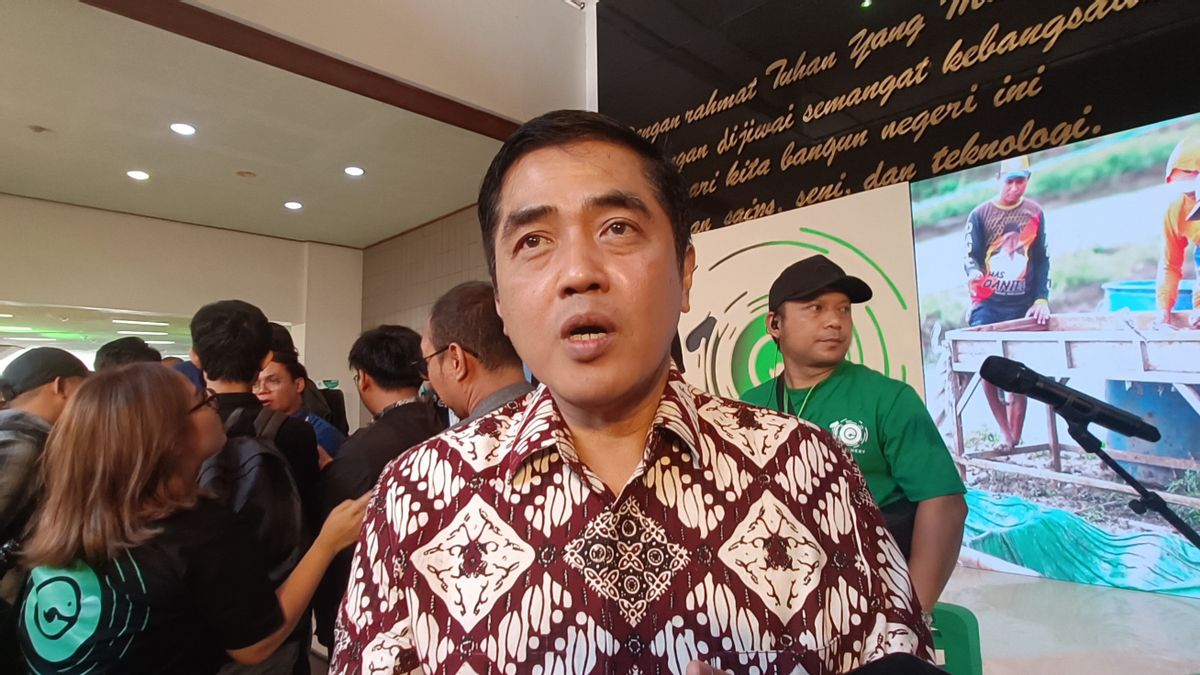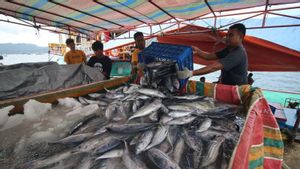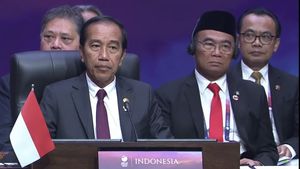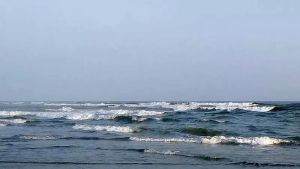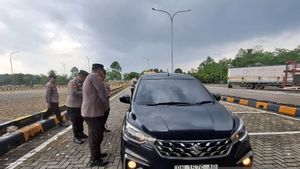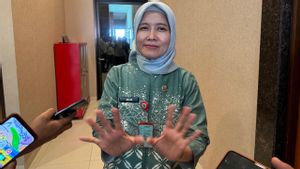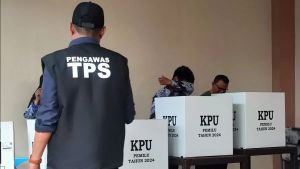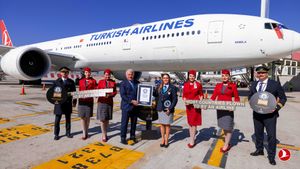BANDUNG - The Ministry of Maritime Affairs and Fisheries (KKP) plans to expand the pilot project (modeling) downstream of seaweed to the North Maluku region.
"The plan is to go to North Maluku. When Wakatobi has become phase one, we will look for more surveys," said Director General of Strengthening Competitiveness for Marine and Fishery Products (PDSPKP) KKP Budi Sulistiyo to reporters in Bandung, West Java, Wednesday, October 11.
Budi said the pilot project that will be built is likely to be wider than the area in Wakatobi, so that development can develop throughout Indonesia.
"It could be (larger), because Indonesia is an archipelagic country. This means that there are many bays, calm waters, but there must also be a development of one use, we must also protect it," he said.
"So that it becomes a clean and balanced seaweed land with other utilization," added Budi.
He added that China is again an interested country in investing in the project. According to Budi, China will come directly to Indonesia to see the potential generated from the project.
"Because the largest seaweed producer is China. Well, downstreaming is not just raw materials, so we prepare good raw materials first, process them here first, so that the commodity value will increase later. To achieve that, people need process and technology," he added.
Previously reported, the Ministry of Maritime Affairs and Fisheries (KKP) collaborated with the regional government (Pemda) to realize a plan to develop a seaweed cultivation modeling in Wakatobi Regency, Southeast Sulawesi.
This synergy includes providing land for modeling, supporting facilities and infrastructure as well as preparing a seaweed downstream industry.
"This development plan is for the Wakatobi community because the management will be fully managed by the community. So, how can seaweed cultivation bring prosperity in the future, and modeling is not only development upstream, but also downstream," said Director General of Fisheries Budi Daya KKP Tb Haeru Rahayu in a written statement, quoted Tuesday, August 15.
In the future, said Tebe as he is familiarly called, this pilot project will utilize an area of 50 hectares (ha) with a type of seaweed developed by Cottonii.
اقرأ أيضا:
The KKP will build cultivation infrastructure, such as seaweed seedlings, network culture seaweed seedlings production units, to provide coconut shell buoys resulting from KKP innovation as supporting materials for more environmentally friendly cultivation activities.
Tebe ensured that the construction of the modeling mandate of President Jokowi was one hundred percent involving the community as the main actor in cultivation activities. All infrastructure to be built is entirely to support the productivity of cultivators in Wakatobi.
He added that the KKP will also prepare a business ecosystem so that the seaweed produced can be absorbed directly by the processing industry, so that the price becomes more stable.
The English, Chinese, Japanese, Arabic, and French versions are automatically generated by the AI. So there may still be inaccuracies in translating, please always see Indonesian as our main language. (system supported by DigitalSiber.id)
